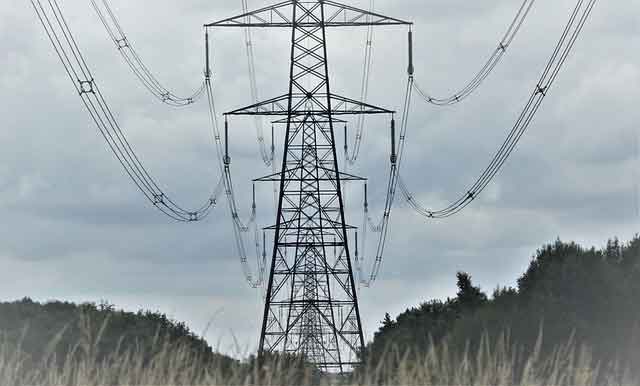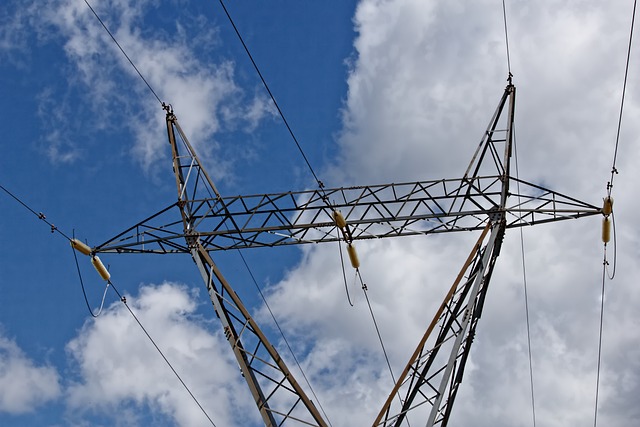Horizon disputes overbilling claims
ONTARIO - Horizon Utilities is disputing claims its smart meters are overcharging homeowners for electricity.
The Toronto Star reported five Ontario utilities, including Horizon, are overbilling 150,000 customers who have installed smart meters.
At the heart of the dispute is a ruling by Measurement Canada that hydro bills based on measurements between two points in time don't meet federal requirements because they don't also show readings from a meter. Smart meters register not only how much power was used, but when it was used to encourage shifting to off-peak times of the day when demand in the province is lower.
"This is not a metering issue, it's a question of how customers are being billed," said Shelley Parker, Horizon's director of customer services. "You can't really compare the two methods."
Parker explained smart meters measure hydro use between midnight and midnight, allowing the utility to charge different prices depending on time of use. Traditional meters simply record how much power is used between two readings.
While time-of-use billing is said to have environmental benefits by encouraging power use when demand is lower, Measurement Canada has ordered utilities to also show traditional register readings on its bills by January 2012. Ontario utilities have formed a special group to work with the province's Independent Electricity System Operator to meet that deadline.
The 150,000 affected customers, a tiny fraction of Ontario's 4 million hydro users, might see rate difference of as little as three to five cents on their bills because of the different measurements.
In addition to Horizon, which serves Hamilton and Niagara, customers of Newmarket Hydro Veridian, which serves Pickering Ajax, Uxbridge, Bowmanville, Newcastle and Port Perry Chatham-Kent Hydro and Hydro One are also affected.
Questions about the billing system follow an announcement earlier this week that Ontario's largest industrial users will be getting a break on electricity costs. That move is expected to cost homeowners up to $48 a year more while companies such as ArcelorMittal Dofasco see reductions.
The move extends time-of-use pricing now in effect for homeowners — allowing them to use electricity cheaper at off-peak times, such as nights and weekends — to major companies, giving big power-consuming sectors an incentive to conserve energy, cut their costs and, the government hopes, keep manufacturing, mining and refining jobs in Ontario.
The policy shift means the electricity system must make up for the difference in what big power users were paying by collecting it from other customers, including millions of homeowners, thousands of businesses, hospitals, schools, municipalities and universities. Companies can save money on power by delaying production shifts, for example, on hot summer days, when the price is highest, and making up production at other times.
ArcelorMittal Dofasco spokesperson Andrew Sloan said the change will make a real difference for his company, the largest user of electricity in Ontario, which pays about $100 million a year for power.
"We think this is good public policy because it rewards us for doing what consumers do," he said. "It will allow us to be more competitive."
Related News

Residential electricity use -- and bills -- on the rise thanks to more working from home
NEW YORK - Don't be surprised if your electric bills are looking higher than usual, with a sizable increase in the amount of power that you have used.
Summer traditionally is a peak period for electricity usage because of folks' need to run fans and air-conditioners to cool their homes or run that pool pump. But the arrival of the coronavirus and people working from home is adding to amount of power people are using.
Under normal conditions, those who work in their employer's offices might not be cooling their homes as much during the middle of the day or using as…




